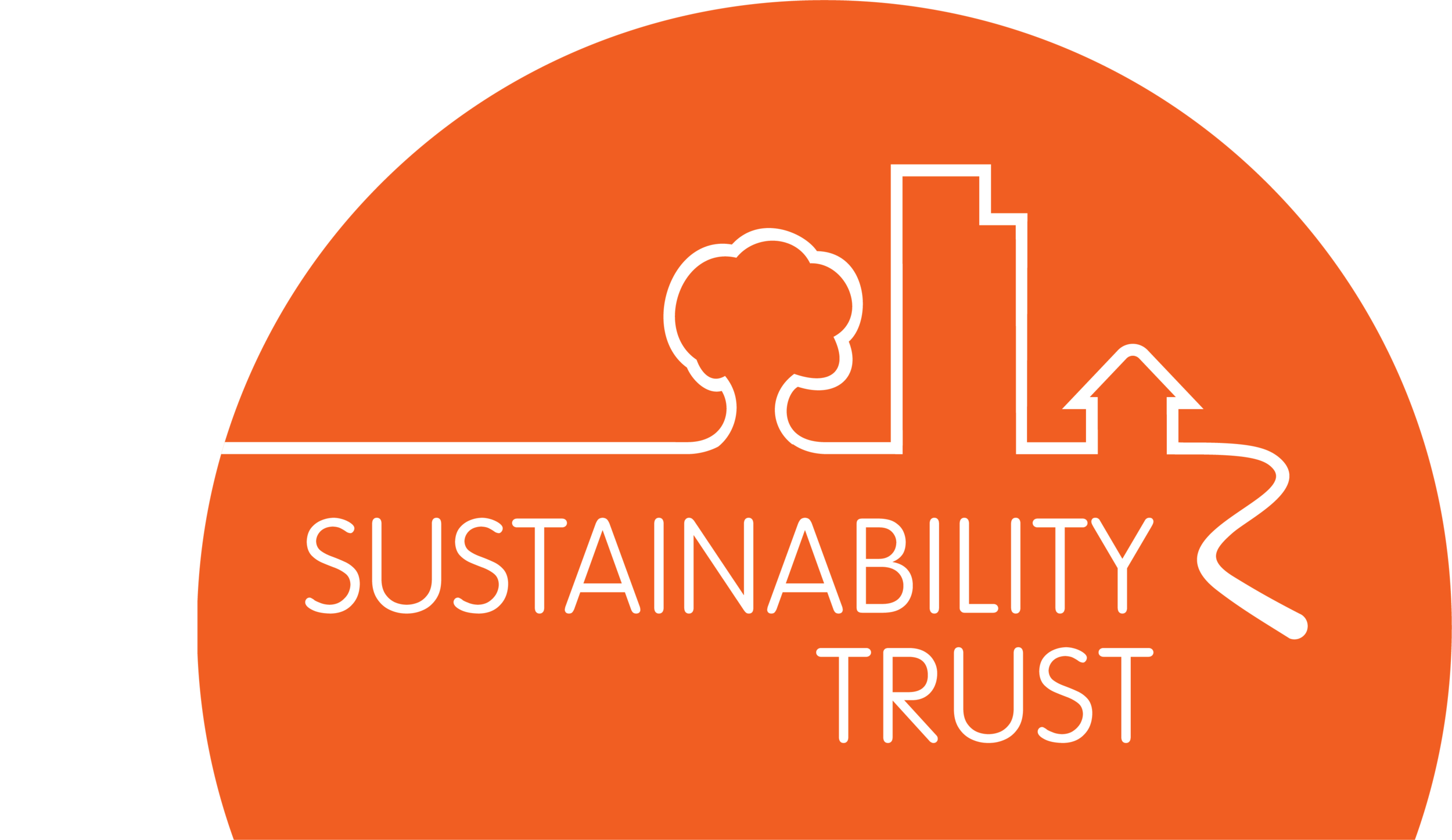Our response to the Climate Change Commission
Published 31 March 2021
Our submission on the Climate Change Commission’s Consultation Document
Did you have your say on the Climate Change Commission consultation? We did.
Here is our one BIG thing…
Transition should ensure that the most vulnerable individuals, households and communities are not left behind either in Aotearoa or globally.
The proposed emissions budgets must take into account the commitment to global equity and New Zealand’s obligations as a developed nation that is noted in the NDC section of the report. The legislation describes the purpose of emissions budgets to be for meeting the 2050 target AND New Zealand contributing to global efforts for 1.5 degrees (section 5W). There are various policy areas where greater action can be taken in the next decade to enhance the first two budgets for greater consistency with IPCC’s 2030 pathways for 1.5 degrees (outlined under question 4), while also meeting the 2050 target.
Policy approaches to equity must ensure that the cost of transitioning to a low-carbon future falls on industries and companies most-responsible rather than communities. Policy must be designed to pass the cost of transition onto these industries rather than individual consumers so low-income communities are not regressively impacted. This means that there must be a greater role for the consumption-based approach to calculating emissions. Consumption-based emissions data follows the lifecycle of products and materials, exposing both embodied emissions generated offshore and the upstream emissions cost of short-lived consumer goods.
Communities, (locality and interest/kaupapa-based) can be key contributors to carbon emissions reductions. Communities have a vested interest in how their locality or area of interest is impacted or can deliver the transition.
Prioritise social enterprises/Maori businesses, and local organisations to produce commercial responses to address inequities. Engaging local organisations ensures responses are crafted to local requirements. This is in contrast to top-down solutions delivered by government or commercial organisations with limited local accountability. There are many community-based businesses and organisations already running at-scale programmes; these include members of Community Energy Network, Zero Waste Network and Envirohubs Aotearoa.
Support for sustainable procurement that delivers wider social benefits is already mandated by NZ Government Procurement. Social procurement requirements for government and commercial contracts that recognise local ownership of outcomes are required. Local organisations and community enterprises, supported by social procurement policies will support education and training for apprentices and lower-skilled workers. Many local organisations are committed to skills-building with their communities. Focus in this area in terms of place-based contracts and financial investment will enable strengthening of communities, retention of money within local areas and effective climate response activities. A specific example is in energy generation, transmission and retailing. Community-owned energy assets and retailing has a range of climate, resilience, skills building, and self-determination benefits. Support and policy changes will be required to accelerate this opportunity.
We have contributed to, and fully support, the submission from the Zero Waste Network, the New Zealand Product Stewardship Council, The Rubbish Trip and Takeaway Throwaways. We are also actively involved in the Usedfully Textile Reuse Programme and fully support their submission.
Other submissions we suppport:
The Formary - Textile Reuse Programme Submission on the Climate Change Commission Proposal
